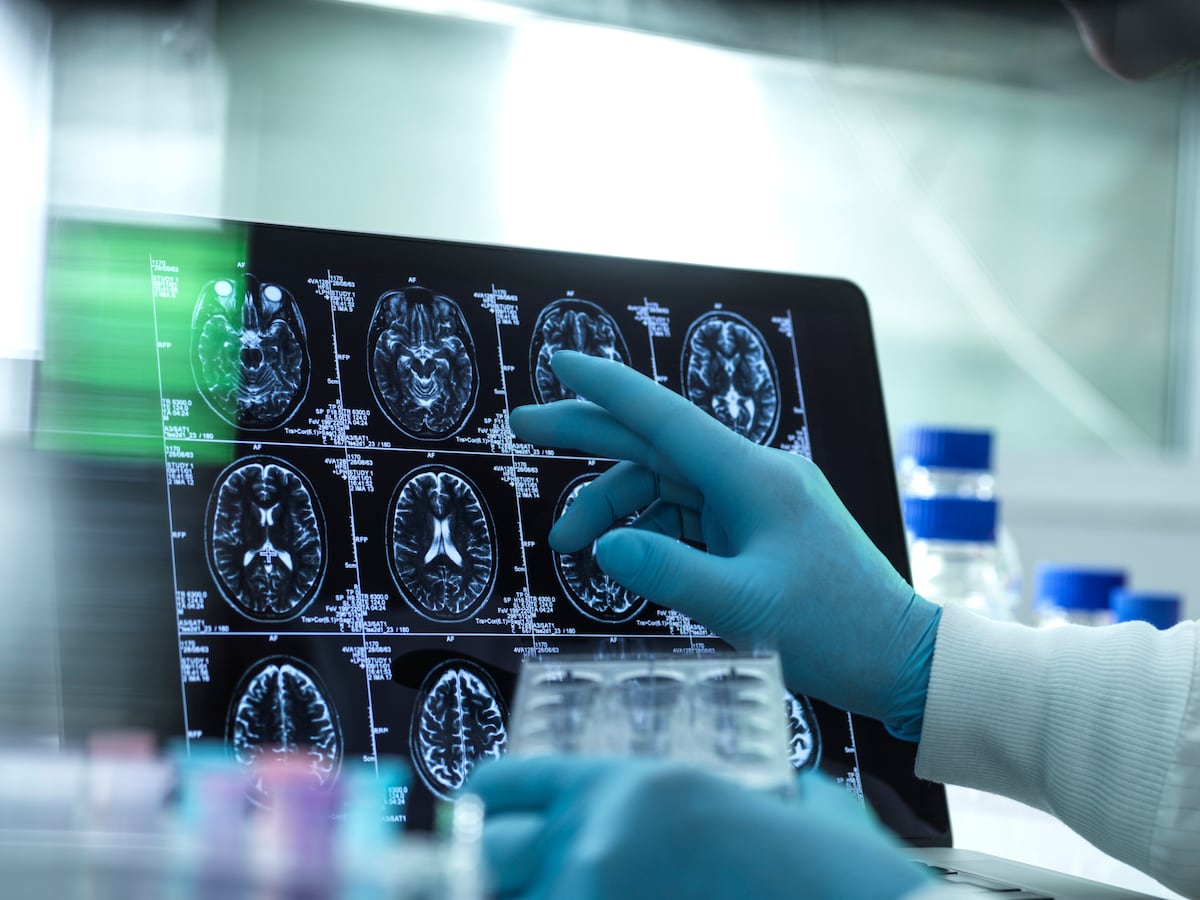Can Tech Finally Crack Psychiatric Diagnosis? New Tools Offer Hope Beyond Self-Reporting

For decades, psychiatric diagnoses have relied heavily on subjective patient accounts and clinical observations. While invaluable, this approach can be prone to bias and inconsistencies. But what if technology could offer a more objective lens? A wave of innovative tools is emerging, leveraging biomarkers and data analysis to potentially revolutionise how we identify and understand mental health conditions like depression and schizophrenia.
The Limitations of Traditional Diagnosis
The current diagnostic process often involves lengthy interviews, questionnaires, and assessments conducted by mental health professionals. This relies heavily on the patient's ability to articulate their experiences, which can be challenging for individuals struggling with severe symptoms. Furthermore, recall bias, cultural differences, and personal interpretation can all influence the accuracy of self-reporting. Clinicians, too, can be influenced by their own experiences and biases, leading to variations in diagnosis even within the same specialty.
Enter the Age of Biomarkers and Data
The exciting development lies in identifying objective biomarkers – measurable biological indicators – that correlate with specific mental health conditions. Researchers are exploring a range of possibilities, including:
- Neuroimaging: Techniques like fMRI (functional magnetic resonance imaging) and EEG (electroencephalography) are being used to study brain activity and identify patterns associated with conditions like depression, anxiety, and schizophrenia. Differences in brain structure and function are being linked to specific symptoms and diagnostic categories.
- Genetic Markers: While mental illness is rarely caused by a single gene, research is uncovering genetic predispositions that increase the risk of developing certain conditions. This could lead to earlier identification of individuals at higher risk.
- Blood-Based Biomarkers: Scientists are investigating the role of inflammatory markers, neurotransmitter levels, and other biological substances in the blood that may be indicative of mental health disorders.
- Digital Phenotyping: Smartphones and wearable devices generate a wealth of data – sleep patterns, activity levels, social media usage, communication patterns – that can offer insights into an individual's mental state. Algorithms can analyze this data to detect subtle changes that might signal the onset of a mental health issue.
Beyond Self-Reporting: A More Holistic Approach
The beauty of these technological advancements is that they offer a layer of objectivity that complements, rather than replaces, traditional diagnostic methods. Imagine a future where clinicians can integrate patient accounts with biomarker data and digital phenotyping to arrive at a more accurate and personalised diagnosis. This could lead to:
- Earlier Intervention: Identifying individuals at risk before symptoms become severe.
- More Targeted Treatment: Tailoring treatment plans based on an individual's unique biological and behavioural profile.
- Reduced Diagnostic Errors: Minimising the impact of subjective biases and inconsistencies.
Challenges and Considerations
While the potential is enormous, there are challenges to overcome. The cost of some technologies can be prohibitive, and ethical considerations surrounding data privacy and algorithmic bias need careful attention. Furthermore, research is ongoing to validate the reliability and clinical utility of these biomarkers. It's crucial to remember that mental illness is complex and multifaceted, and technology is just one piece of the puzzle.
The Future of Psychiatric Diagnosis
The integration of technology into psychiatric diagnosis is not about replacing human clinicians. It's about empowering them with better tools to understand and treat mental illness. As research continues and these technologies become more accessible, we can expect to see a significant shift towards a more objective, data-driven, and personalised approach to mental healthcare in Australia and around the world.






